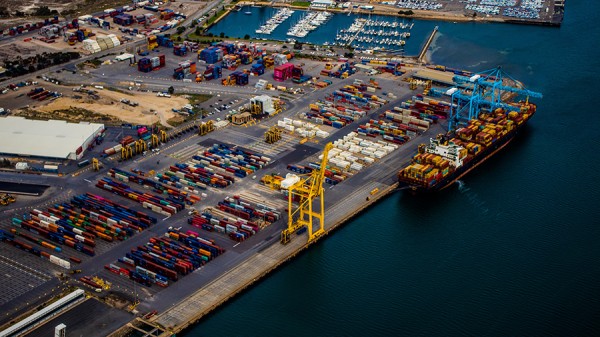A report released at the beginning of February showed that businesses that import and export have been put under increased pressure since the beginning of the Brexit transition period. So, what measures can companies take to support themselves in this trying time? Our partner, Smart Currency Business asks the question.
How have businesses been affected by Brexit so far?
The report from HSBC and YouGov has shown that around 40% of British companies that import and export said that the shift to a new trading arrangement with the European Union had made trade more difficult last month. 40% of importers and 42% of exporters reported a hit from the end of the Brexit transition period.
Other recent reports also show that businesses have been hit with supply chain issues since the beginning of the year. Exacerbating the situation further, this shift in trading arrangements is being made all the more difficult by delays due to the ongoing COVID-19 pandemic and the third national lockdown in the UK.
What changes have businesses had to make?
Since the Brexit transition period came to an end, businesses have had to update or develop their customs strategies. Some businesses have been subject to customs regulations for the first time, whilst others have had to shift to a new customs regime.
The number of businesses importing/exporting is set to double and customs declarations are predicted to quadruple as a direct result of Brexit. Any errors in customs compliance can result in duty demands, penalties, delays in their supply chain and much more.
It’s unclear so far if the extra bureaucracy and costs to businesses will be permanent. However, many are optimistic that Britain will benefit in the long-term by striking trade deals outside of the EU.

How can currency risk management help with importing and exporting?
With the complex changes to customs requirements and the possibility of extra costs incurred, it is arguably more important than ever that businesses protect themselves from fluctuations in the currency markets.
Unlike these customs charges, which are new to many businesses and largely out of their control, currency risk is a cost that can be managed and planned for effectively. Importers and exporters can avoid currency risk in order to protect their assets, margins and bottom line.
With the ongoing COVID-19 pandemic and question marks over the future of the UK economy, we could see heightened volatility for the pound and other currencies over the coming months. Even when currency movements are minimal, unfavourable currency costs still prove damaging to a company’s overall balance sheet.
This is where currency risk management is required. Smart Currency Business takes the time to understand the different financial and business challenges faced by their clients across a range of industry sectors. This enables them to provide bespoke currency solutions and expert risk management guidance.
Where could currencies move over the next quarter and how can businesses protect themselves from upcoming volatility? Download Smart’s latest Quarterly Forecast to find out.


